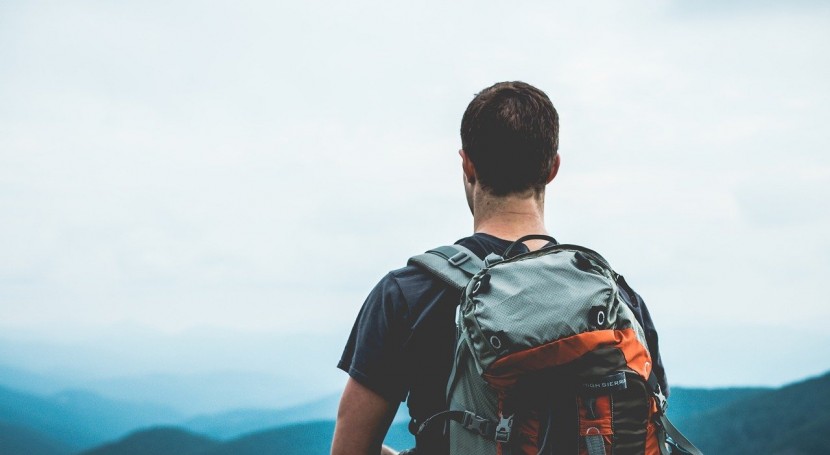A hotel must accommodate to its guests in any way possible, which means that they must have enough resources to do so. But with so much water consumption, and the fear of scarcity growing every day, hotels and resorts find themselves in a competition in earning the right to supply water to best enhance the guest experience. And as competition for more guests gets fierce, it’s easy to overlook how important water is for other people.
Here is a list of examples of how tourism plays into demand for water:
Direct Water Usage
Hotels and resorts are prone to direct water use. Water is used for showers, toilets, the kitchens, laundry, swimming pools, cooling, and irrigation. The average water consumption rates for hotels and resorts account for 84-2,000 liters per tourists per day, and as much as 3,423 liters per bedroom per day. Two of the factors that need a lot of water are irrigated gardens and swimming pools. Even regional location affects how much water an establishment uses, with rural areas having a high demand for water than urban areas, with high-rise hotels and campsites consuming less water than five-star hotels (especially ones with golf courses).
“Abundance” Of Food And Supplies
Food preparation also takes water. Whenever tourists read an ad for a hotel, which promises an “abundance” of food and leisure, that’s the draw; it gets people excited in going to the resort. In fact, the water requirement to accommodate to tourists is up to 5,000 liters per tourist per day. But just water can be wasted with needless running, but also, food can be wasted just by throwing it away. However, this all depends on how much water a destination has, how often that place experiences rainfall, and how often people travel to and from that place.
Heavily-Guarded Water Supply
Whenever water becomes scarce, elites (or big companies/corporations) will do anything to control their supply, and keep it out of the hands of people desperate for it, if they don’t want to pay for it. In Zanzibar (East Africa), one will see two different realities. While locals are allowed 30 liters of water per day, tourists in luxury resorts enjoy up to 2,000 liters—that’s per tourist per day. Water scarcity has become a serious problem for locals, that some of them have resorted to trying to tap into resorts’ water pipelines. This has led to some hotels beefing up their security by having guards patrol the pipelines and confront anyone who tries to steal some of the water.
Water Resources Stolen And Sold
There are two instances where water can be stolen from other places, and then sold elsewhere.
In Kerala (India), its backwaters, beaches, and nature reserve have been disturbed by the rise of tourism. Water supply has become such an issue, that locals have taken to protesting, accusing other locals of illegally selling access to other people’s wells to hotels and resorts. And the stolen water is transported by trucks to the establishments, where sellers would make a profit.
Meanwhile, in Costa Rica (Central America), villagers have to make sure that their water isn’t being sold out from under them. In 2009, a controversial water pipeline project had threatened to disrupt the villagers’ water supply; and the villagers of Sardinal protested against it, citing that the water would be used to supply the many resorts and golf courses near the Pacific coast, and would benefit the tourists more than the locals.
More Hotels And Resorts Popping Up
The Gambia (West Africa) may be a popular destination, during the winter-sun season; but with many more resorts developing in the area, it’s starting to negatively affect the community. Current hotel and lodge owners are already seeing how these developments are becoming problematic. With more establishments popping up, there’s a need for water, in order to fuel those establishments. But what happens when the water supply is low in the area? Despite locals and hotel owners alike raise this question in the Gambia, establishments continue to be built on the tourist strip where many of the hotels and resorts are.
Conclusion
As water supply changes by demand, managing water usage should still be a priority for all tourist destinations. The takeaway from the examples above is that water should be distributed equally and morally, to ensure availability for the future.



